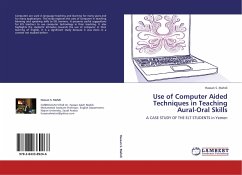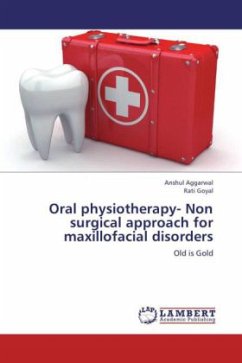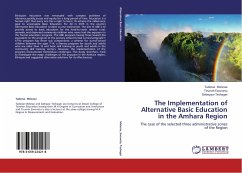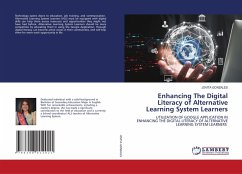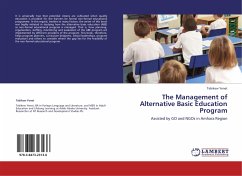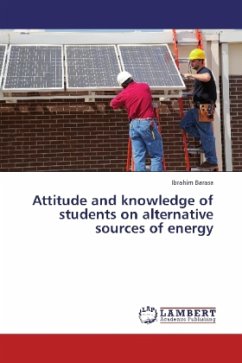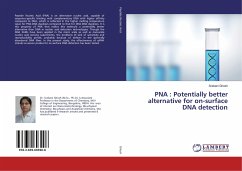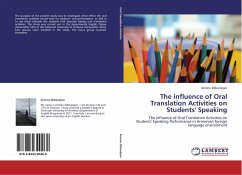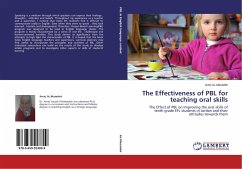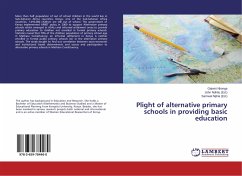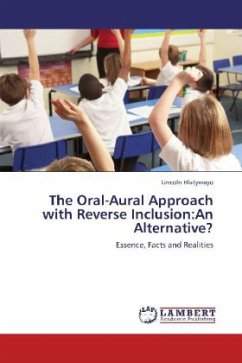
The Oral-Aural Approach with Reverse Inclusion:An Alternative?
Essence, Facts and Realities
Versandkostenfrei!
Versandfertig in 6-10 Tagen
32,99 €
inkl. MwSt.

PAYBACK Punkte
16 °P sammeln!
Dozens of decades have passed but there seem to be no agreed position on the best communication methods for learners who are deaf.Current trends are pointing towards inclusive education but a lot of research has so far showed that learners with severe to profound deafness can not fully discover their potential in an ordinary inclusive classroom.Some scholars are reporting positive results where reverse inclusion is used. In this book an evaluation of the use of the oral-aural approach under a reverse inclusion environment was made at Emerald Hill school for the Deaf in Zimbabwe.Focus areas inc...
Dozens of decades have passed but there seem to be no agreed position on the best communication methods for learners who are deaf.Current trends are pointing towards inclusive education but a lot of research has so far showed that learners with severe to profound deafness can not fully discover their potential in an ordinary inclusive classroom.Some scholars are reporting positive results where reverse inclusion is used. In this book an evaluation of the use of the oral-aural approach under a reverse inclusion environment was made at Emerald Hill school for the Deaf in Zimbabwe.Focus areas included attitude change and speech and language development. The results showed that there was a positive impact on the attitudes of hearing peers and among hearing parents with hearing impaired children. On the other hand the impact recorded on the attitudes of deaf parents with deaf pupils, academic performance and speech development of learners with hearing impairments was insignificant. The study recommended that a longitudinal study be carried to establish the long term effects of the approach.Beneficiaries of the book include educationists,teachers, lecturers, schools, parents etc.



